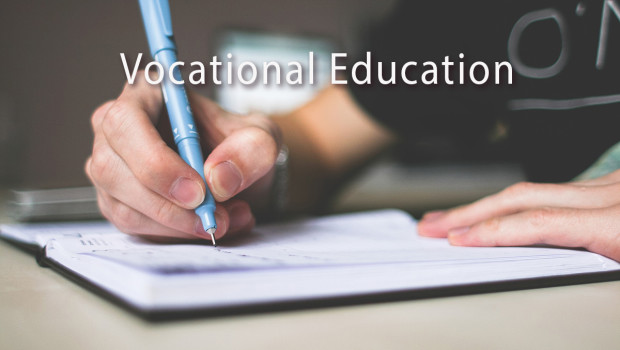by Timothy P. Murray
As the president and CEO of the Worcester Regional Chamber of Commerce, I am often asked what is the biggest issue that we hear about from our 2,300 members. While concerns like health care and energy costs, taxes, and burdensome regulations are often raised, by far the single biggest issue raised is the need for a trained, motivated and educated workforce. The need for a robust workforce pipeline comes from businesses of all sizes and sectors of the economy.
To meet the needs of our members and the business community, the Chamber has undertaken a multi-pronged approach to expand the workforce pipeline in Central Mass. One of those initiatives has centered around the vocational technical (Voke/Tech) schools, established under Massachusetts Chapter 74, that serve our Chamber’s region of 35 cities and towns.
In 2014, the Chamber convened the statewide Voke/Tech and Agricultural Schools Summit at the DCU Center with the Mass Association of Vocational School Administrators (MAVA). Massachusetts House Speaker Robert DeLeo, a long time supporter of Voke/Tech education was our keynote speaker. Through panels and employer and student presentations, we helped make the case to legislators as well as municipal and school officials as to why continued investment in Voke/Tech education is critical to providing young people with meaningful career pathways and meeting the needs of the employer community.
In 2015, the Chamber was the lead business organization that helped to form the statewide Alliance for Vocational Technical Education (AVTE) in partnership with MAVA and the Massachusetts Communities Action Network (MCAN). As the co-chair of this effort, I am encouraged that the coalition has grown to more than 23 organizations. The AVTE’s primary mission is to ensure that every child has access to high-quality career, vocational, technical education. A particular focus is to eliminate the annual waiting list of students seeking to attend Voke/Tech schools. This statewide waiting list is conservatively estimated at 3,500 students annually.
Also in 2015, AVTE hired respected researcher and economist Barry Bluestone of Northeastern University’s Dukakis Center to conduct an in-depth study of Massachusetts’ Voke/Tech education system. This study included a comprehensive survey of employers across the state. Of the responding employers, 90% indicated a need to increase the number of Voke/Tech graduates. The AVTE briefed the Baker/Polito administration on these results and the report. Subsequently, Governor Baker joined the AVTE for the roll out of the Bluestone/AVTE study and announced that his administration was proposing a 5-year, $75 million capital program for workforce development equipment to ensure Voke/Tech students are trained on state of the art equipment. Additionally, AVTE recently conducted a Statehouse advocacy day to meet with legislators to enlist their support for adequate funding for Voke/Tech education in the Fiscal Year 2017 budget that is currently in deliberation on Beacon Hill.
AVTE also believes that, with proper resources, our Voke/Tech and agricultural schools could eliminate waiting lists by operating 18-hours a day and during summers. They also could play a more significant role in worker retraining efforts in coordination with regional employment boards and our statewide community college system. Our students want meaningful careers and Massachusetts employers need more employees to fill good paying jobs. AVTE knows that we can meet both of these objectives by expanding access to our Voke/Tech and Chapter 74 programs and we will continue to work towards these goals to make Massachusetts a more desirable place for employers to grow good jobs.






